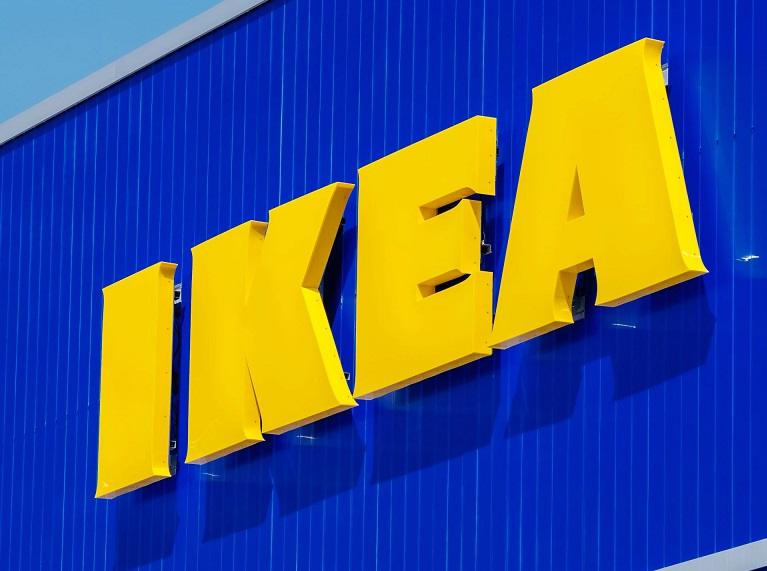
IKEA Parent Company Releases Net Zero Transition Plan

IKEA parent INGKA Group announced the release of its Net Zero Transition Plan, outlining the company’s key actions and strategies for achieving its goals to reduce greenhouse gas (GHG) emissions across its value chain by 50% by 2030, and to reach net zero by 2050.
The new transition plan sets out a detailed roadmap for Ingka Group, which operates 400 IKEA stores, to decarbonize all aspects of its value chain, including a deep dive analysis for emission categories – such as store operations, construction materials, mobility and investments – along with key sources of emissions for each category, as well as decarbonization levers, case studies, external dependencies, and identified actions for each.
Emissions categories covered in the plan include materials, food ingredients, production, product transport, construction materials, goods and services used in operations, own operations, mobility, product use at home, product end of life, and investment. The plan also includes a category for “estimated innovation and efficiency gap,” representing the amount of GHG emissions for which the company will need to scale existing or develop new solutions.
Karen Pflug, Chief Sustainability Officer at Ingka Group, said:
“Thanks to the dedication and work of many colleagues across the business, this plan has taken in many learnings and goes deeper than ever before into each of our climate emission categories for our business. We hope that by being transparent about our challenges, dependencies and innovation gaps we can inspire others and lead conversations that will support us in achieving the transition in our own business and broader society.”
According to the net zero transition plan, the company’s most significant source of emissions, and the largest source of anticipated emissions reduction through 2030, is materials, primarily those used in its products and packaging, which accounts for 45% of the Ignka value chain footprint. The plan targets a 50% emissions reduction on a 2016 basis, or 5.4 million tonnes CO2e, from materials, through actions such as significantly increasing the share of recycled content in IKEA products, improving material efficiency and reducing waste, developing and selecting materials with a lower climate footprint during the design phase, securing renewable energy in the materials supply chain, and expanding responsible forest and agriculture management practices. The plan also highlights a need for better data from suppliers and strengthened traceability systems for raw materials in order to enable more accurate measurement of progress and highlight emissions reduction opportunities, and for innovation to provide access to lower carbon materials. The plan also goes into greater detail of focus areas for the five materials that make up the largest share of emissions, which include wood, metals, textiles and comfort (filling and stuffing material), plastics and paper.
Other key actions included in the report targeting other emissions categories include phasing out fossil fuels and targeting 100% renewable energy across the value chain by 2030, offering more plant-based options in IKEA restaurants, increasing investments in asset classes with a lower carbon footprint, engaging with suppliers to set emission reduction targets, transitioning to renewable heating and cooling, developing circular services to enable customers to prolong the life of products, and achieving more than 90% of home deliveries using zero emission vehicles by 2028.
In addition to highlighting planned emission reduction action areas and innovation initiatives, the transition plan also includes a section on stakeholder and policy engagement. Key policy positions of the company outlined in the plan include setting national NDCs (Nationally Determined Contributions) aligned with 1.5°C, accelerating the renewable energy transition and phasing out fossil fuels, and setting policies to finance and accelerate the transition to renewable energy, circularity, as well as sustainable transport, food systems, reducing food waste, agriculture, and responsible forestry.
Simon Henzell-Thomas, Climate & Nature Manager at Ingka Group, said:
“Climate change is highly complex, and we don’t pretend to have all the answers, but as a multinational business we have a responsibility to be part of driving the transition to net zero in society. But we can’t do it alone. Climate change has no borders and together – across the public and private sector – we must collaborate across industries and with governments and customers to drive real change.”